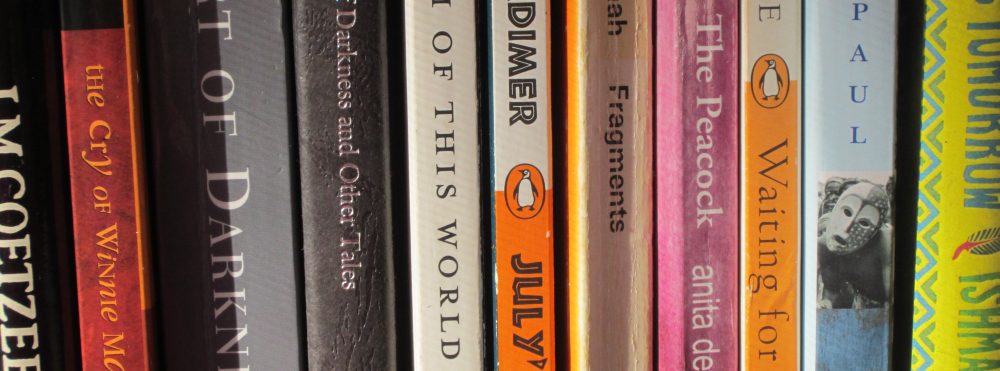When I affirm that the courses I teach promote critical thinking and literary criticism, I have in mind Michel Foucault’s assertion that criticism should “make harder those acts which are now too easy.” I believe that the ability to ask relevant, discerning questions is an essential step in developing the spirit of critique fundamental to critical thinking. In my classrooms, the activities of developing, asking, and eventually answering questions is built into the structure of discussions, assignments, and class activities.
I have included under the “teaching” tab above a list of courses and descriptions. I design my syllabi with the goal of producing lively, multi-faceted discussions in two ways; first, the arc of the class is designed so that each subsequent unit produces productive questions in relation to the previous texts and discussions. The second way I promote vigorous classroom conversations is to assign materials that present a variety of viewpoints on questions that other critics have posed about texts. Each syllabi is designed with these goals in mind.
I have also included a link to a statement on diversity; my syllabi translate these pedogogical commitments into practice by including a range of high and low-stakes writings and contributions (both online and in-class, response papers and final polished works); by encouraging students to juxtapose texts and ideas; and by arranging units to replicate and include students in the dynamic debates on issues like climate change and terrorism, publication and consumption, language and politics.
